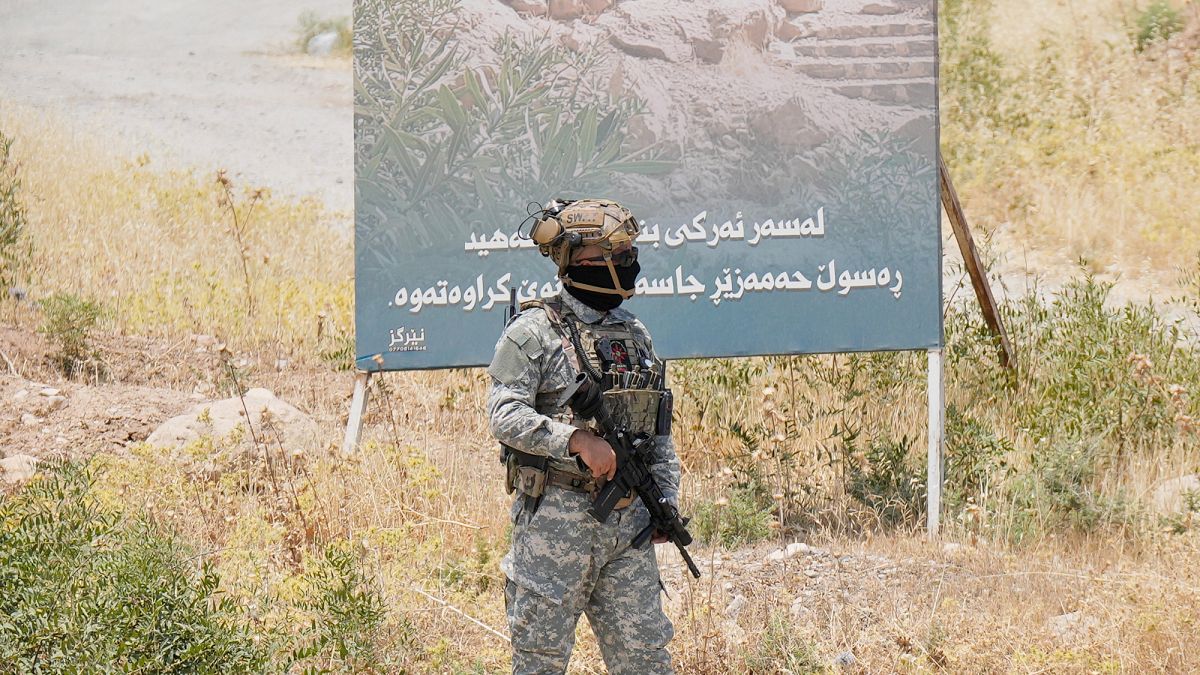

In recent developments, the region of the Middle East has witnessed notable events aimed at fostering peace, each presenting its unique set of opportunities and challenges. Engagements and negotiations continue to emerge as significant players strive for stability and harmonious resolutions in this historically complex region.
One of the prominent headlines is the decision by PKK militants in Iraq to commence laying down their arms as part of a peace process with Turkey. The PKK, originally established with the aim of creating an independent Kurdish state in southeastern Turkey, has shifted its objectives toward advocating for greater autonomy within Turkey. This turn of events is a step towards diminishing decades of conflict, reflecting a shared understanding of the need for peaceful dialogues over militant aggression.
This movement towards disarmament is part of a broader political dialogue, which holds the potential to ameliorate longstanding tensions and create a more harmonious co-existence between different ethnic groups within the region. As parties work through the process, a focus on building trust, addressing socio-political grievances, and establishing frameworks for peaceful coexistence is paramount. This transformative action provides an encouraging outlook on the future of Turkish-Kurdish relations, with hopes that dialogue can replace discord.
Meanwhile, in a separate but related diplomatic endeavor, both Israeli and Palestinian officials are expected to convene in Brussels for a high-level meeting. This meeting occurs within a complex backdrop of EU-imposed examinations on Israel’s adherence to partnership agreements. Despite these tensions, the initiative reflects a willingness to engage in diplomatic discussions that could bridge divides, opening pathways to peace.
The prospect of both nations engaging on a neutral platform like Brussels signals optimism for constructive interaction. While the road ahead is long and challenging, these diplomatic steps are vital in gradually fostering an environment conducive to peace, understanding, and mutual respect.
In another significant narrative, Israel’s Prime Minister Benjamin Netanyahu recently returned from the United States without securing a ceasefire in the ongoing Gaza conflict. His visit, laden with high-profile meetings at the White House and discussions with President Donald Trump, spotlighted efforts towards peace negotiations, although a tangible agreement remained elusive. However, Netanyahu’s dialogue with the U.S. administration underscores the international dimension of the Israeli-Palestinian conflict and the importance of global partnerships in any prospective peace deal.
Despite the absence of a peace deal, there have been impactful gestures, including President Trump’s nomination for the Nobel Peace Prize, a testament to the ongoing commitment to peace processes, albeit contentious to some. This reflects a narrative of perseverance and persistence from all involved parties, as they continue to navigate the intricate matrix of Middle Eastern geopolitics.
Today’s global atmosphere is one of interconnectedness and shared aspirations for peace. The dynamics within the Middle East, exemplified by recent actions of Turkish-Kurdish rapprochement, dialogues in Brussels, and international involvements for peace in Gaza, highlight this trend. As key stakeholders continue to engage with an open mind and embrace diplomacy over division, the hope is that these small steps will lead to substantial change, fostering a more peaceful and cooperative future.
Source: {link}
